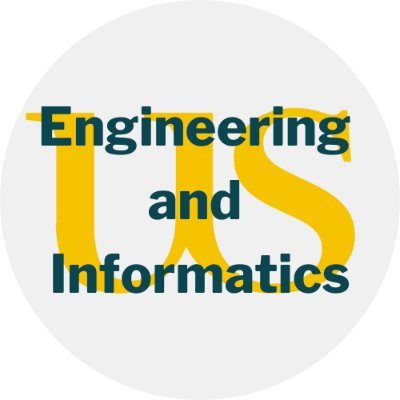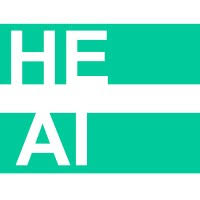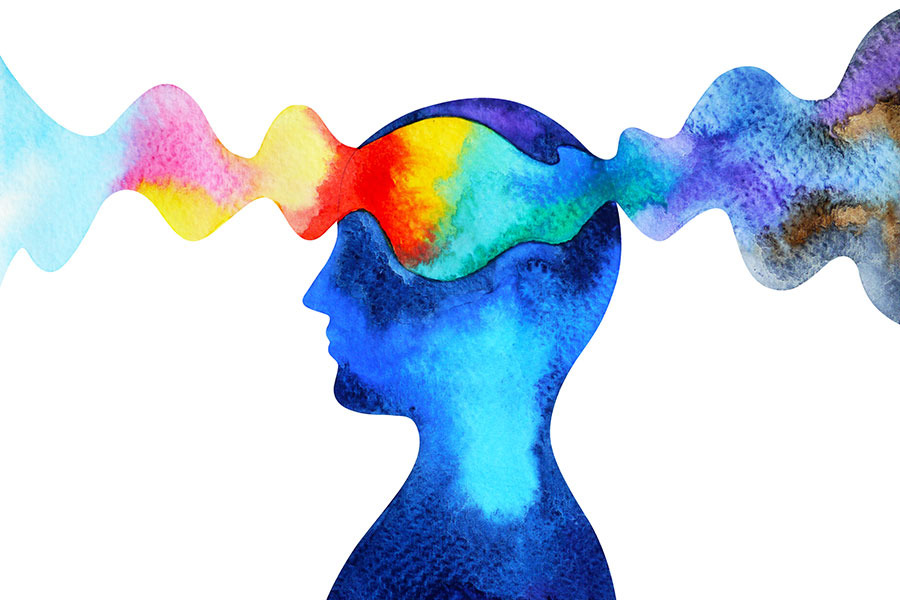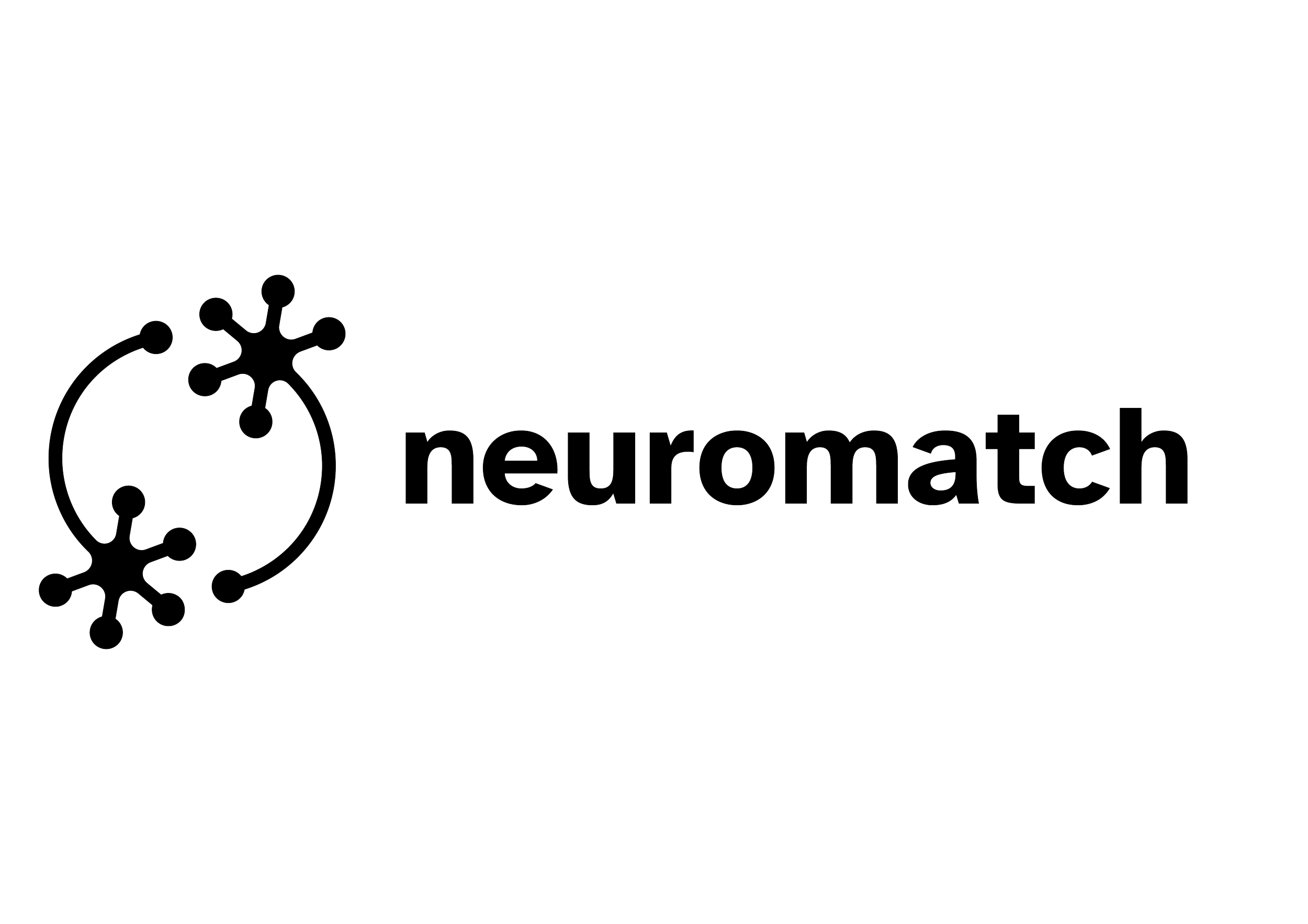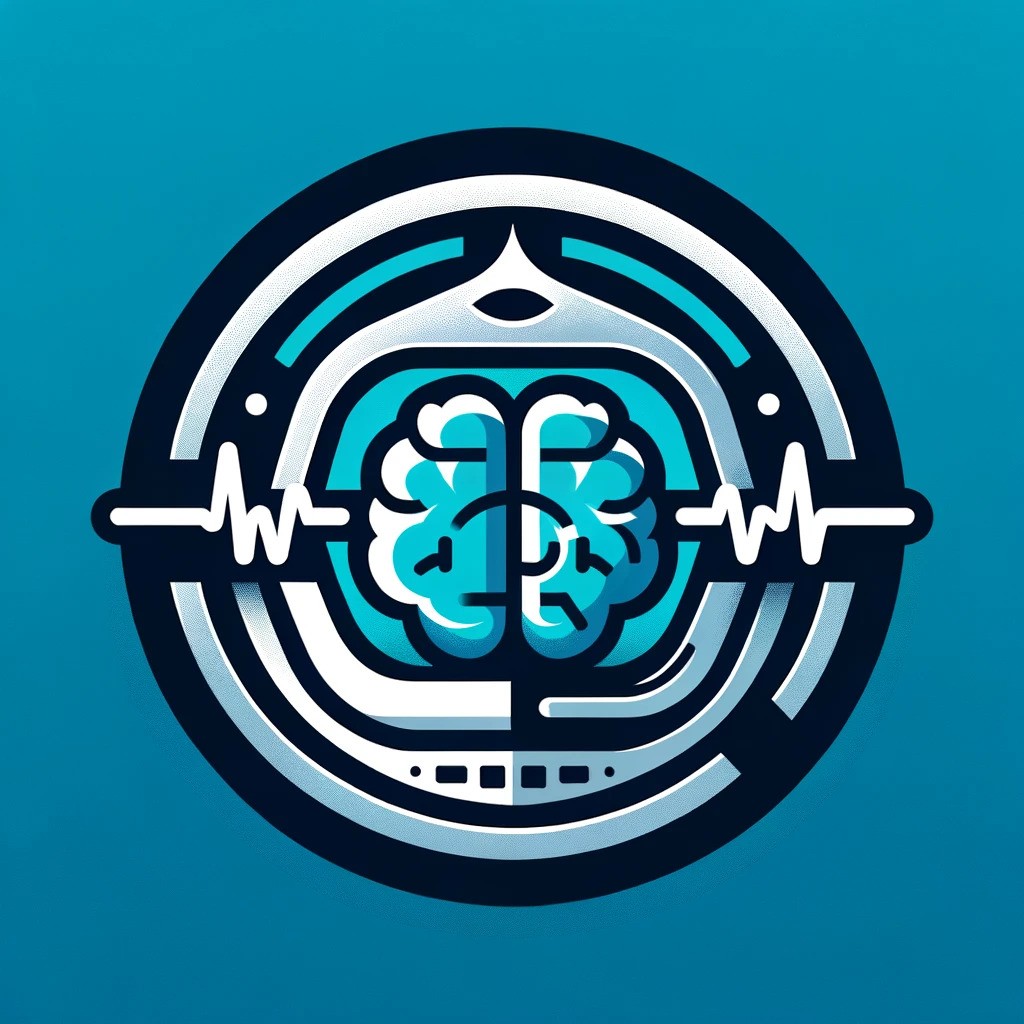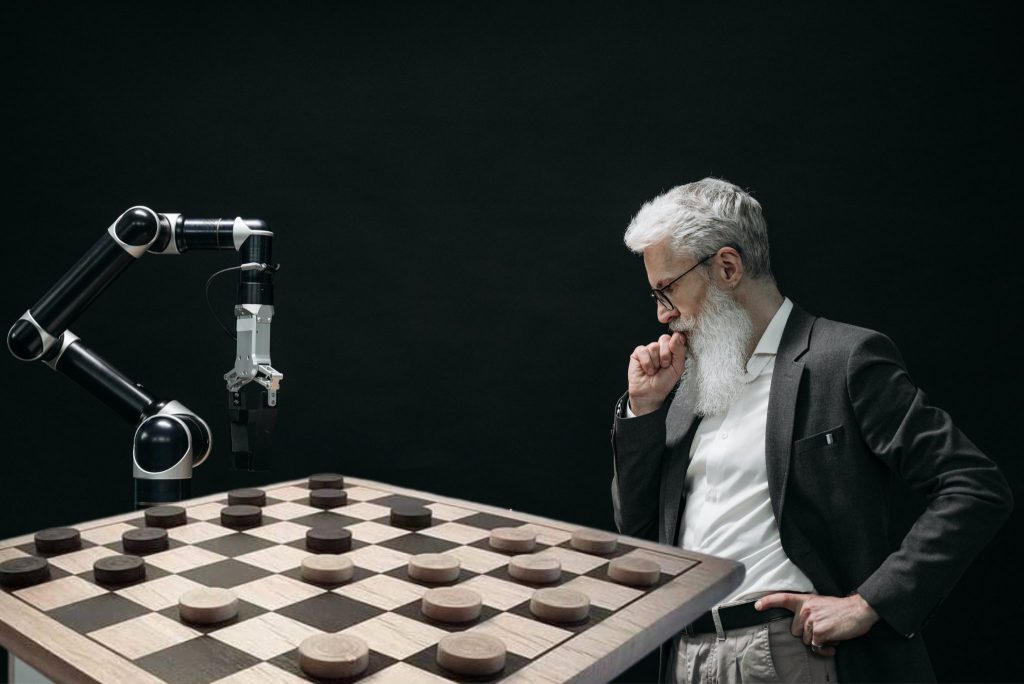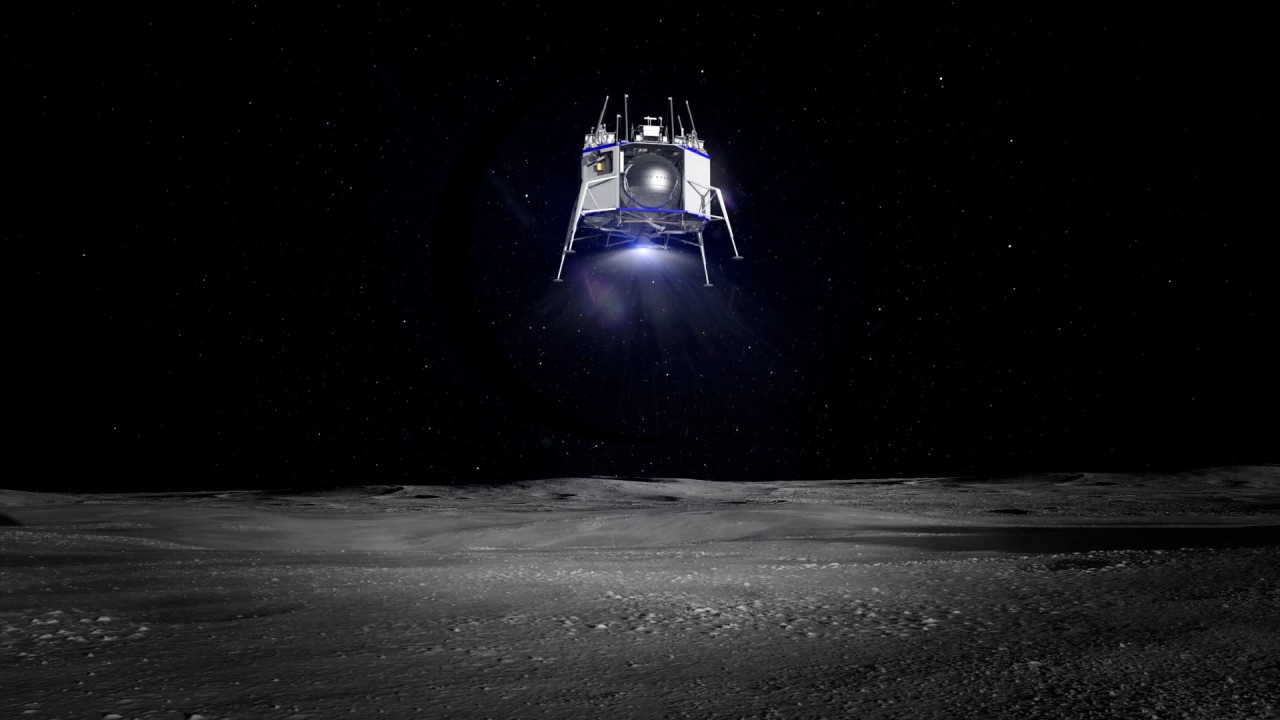Hi, I'm Al Saqib.
A
Driven by curiosity, I explore the interplay between neuroscience and artificial intelligence to solve real-world problems.
About
I am a Neuro-AI researcher and MSc graduate in Artificial Intelligence and Adaptive Systems. My journey has been shaped by a passion for uncovering the intricate connections between neuroscience and artificial intelligence, with a focus on creating solutions inspired by cognitive neuroscience.
My expertise lies in computational neuroscience, predictive processing, and hierarchical modelling. Leveraging my interdisciplinary background, I have worked on projects that integrate machine learning and neuroscience to explore consciousness science, adaptive systems, and decision-making.
Beyond academic research, I am deeply committed to using AI to tackle healthcare challenges. My professional experience includes developing machine learning algorithms to identify healthcare inequalities and inform policies that promote equitable outcomes.
- Specialisations: Computational Modelling, Neural Networks, Machine Learning, Predictive Processing, Genetic Algorithms
I thrive on interdisciplinary collaboration and innovative problem-solving, whether through academic research, real-world projects, or advancing the boundaries of AI and neuroscience to make a meaningful impact.
Experience
- Conducted a thesis investigating whether neural networks can model individual variability in attentional capabilities, using behavioural datasets.
- Explored predictive coding frameworks to study computational principles of cognitive mechanisms.
- Collaborated with faculty and peers to integrate machine learning approaches with neuro-behavioural datasets.
- Tools: Python, NumPy, Pandas, Matplotlib, PyTorch, PyHGF, PyMCMC
- Cleaned and prepared massive NHS datasets, such as the National Diabetes Audit and Indices of Multiple Deprivation, to address healthcare inequity in the UK.
- Analysed patient outcomes from NHS datasets using XGBoost and SVM models, identifying socio-economic clusters that correlated strongly with healthcare disparities.
- Findings on healthcare disparities were presented at the Royal College of Physicians (RCP), receiving commendation for impactful, data-driven insights.
- Tools: Python, XGBoost, SVM, AWS
- Spearheaded initiatives to promote discussions and research on the neuroscience and philosophy of consciousness, engaging a diverse academic community.
- Fostered collaboration between students from neuroscience, AI, and philosophy disciplines, leading to interdisciplinary project ideas and discussions.
- Key Achievement: Increased society membership by 60% by implementing targeted outreach campaigns.
-
Collaborated on two computational neuroscience and deep learning projects:
- Modelled associative memory using Hopfield networks, exploring memory retrieval under constraints and validating results through sensitivity analysis and parameter sweeps.
- Developed a DQN (Deep Q-Network) agent to solve a lunar lander reinforcement learning task, improving learning efficiency through reward optimisation.
- Presented project outcomes in virtual Neuromatch Academy conferences attended by computational neuroscience and AI experts.
- Tools: Python, NumPy, PyTorch, Matplotlib, OpenAI Gym, Google Colab
- Oversaw the data modelling and management pipeline for X-ray image analysis, predicting patient health outcomes by recognizing anomalies using deep learning algorithms.
- Beta-tested the platform at select hospitals, receiving feedback to improve performance and usability.
- Tools: Python, TensorFlow, SQL
- Created a web-based platform for visualizing mathematical equations using JavaScript.
- Presented the application at UBC's EML tech demonstration to an audience of over seventy people.
- Tools: JavaScript, HTML, CSS
Projects

Novel HGF model that can capture individual variability in attention
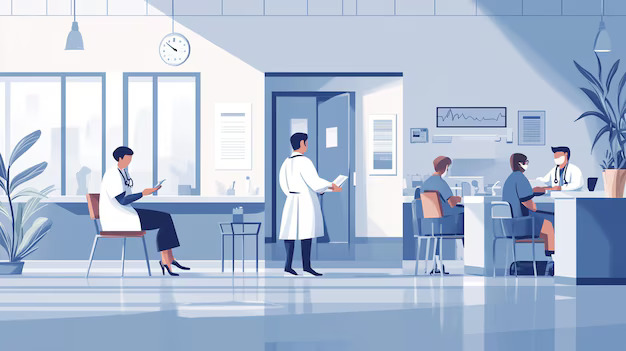
A social system based on cognitive science and adaptive systems principles
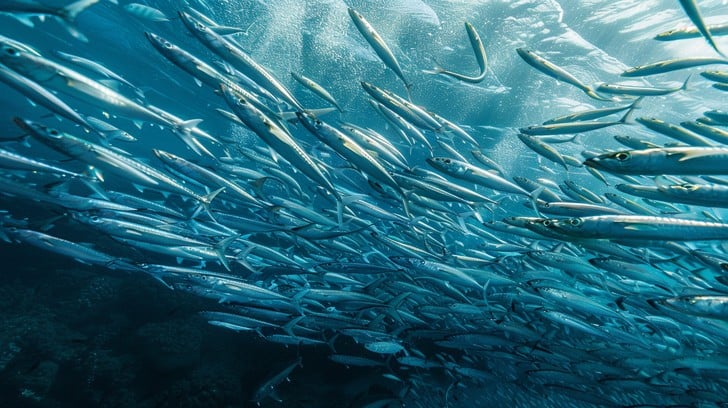
Simulation of fish shoaling behaviour, optimized using genetic algorithms
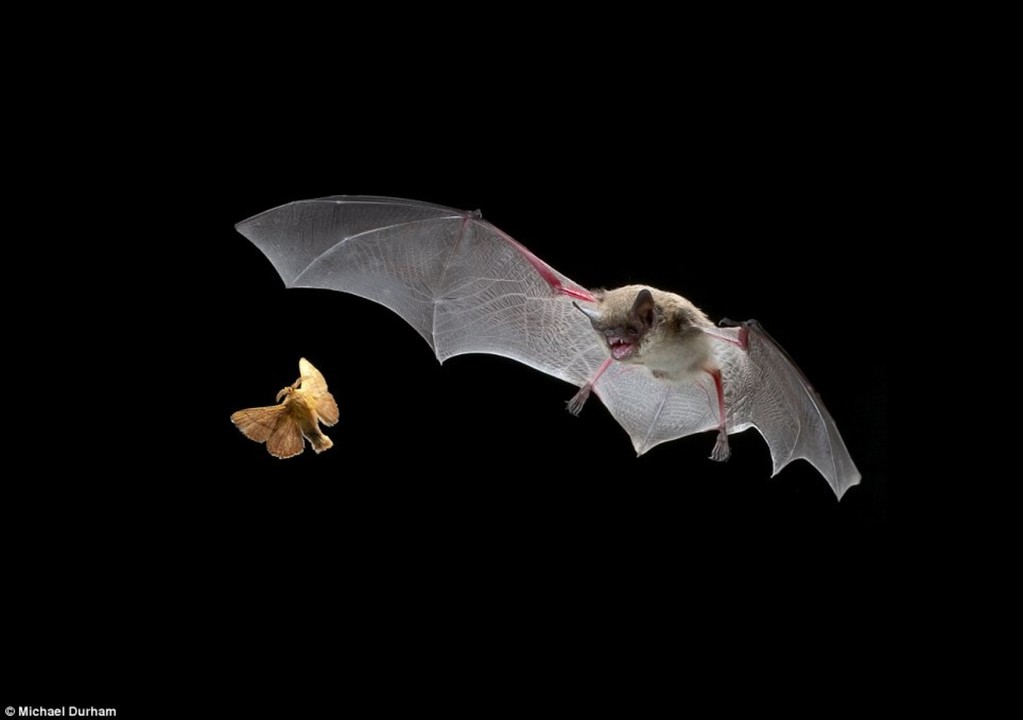
Computational model of evolutionary arms race between bats and moths.
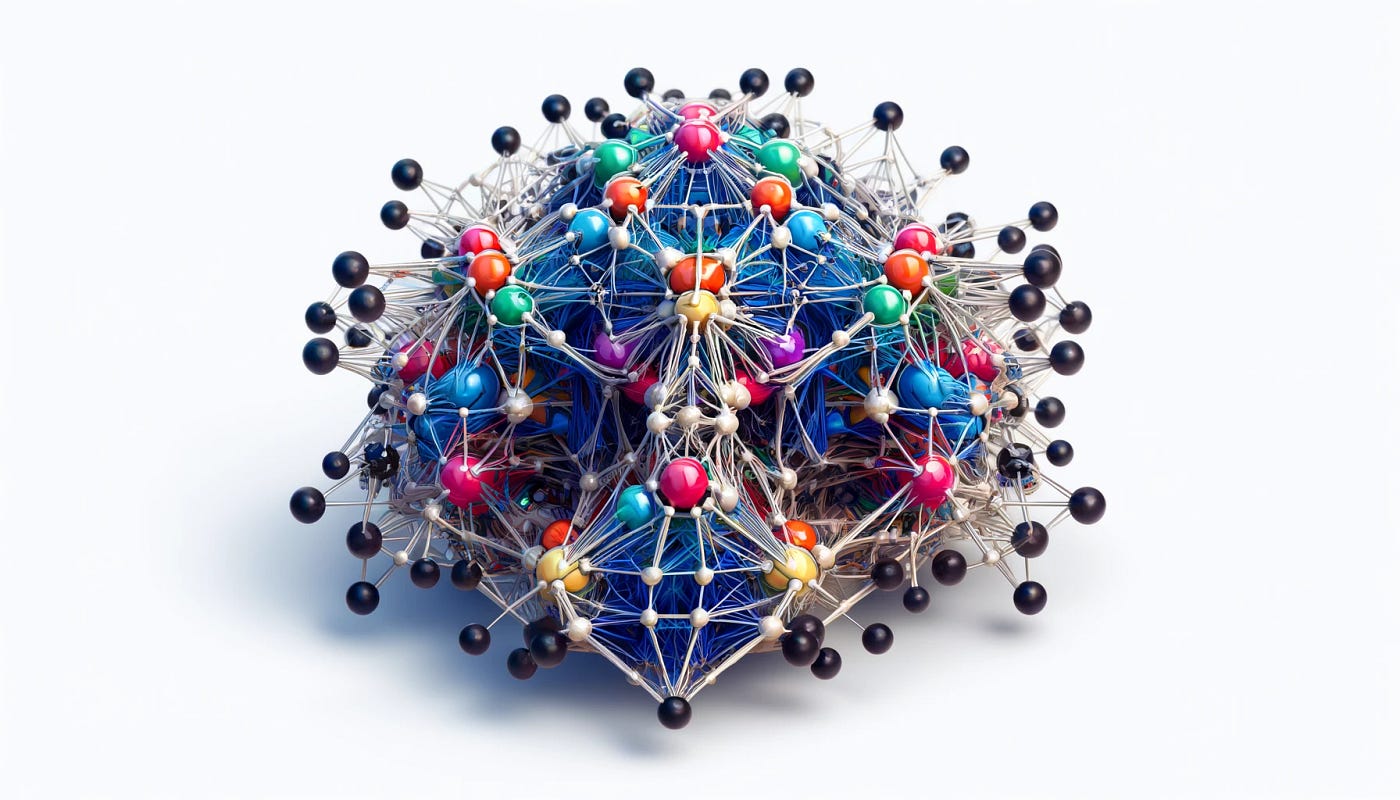
A Hopfield network that stores and recalls patterns, a model of associative memory.
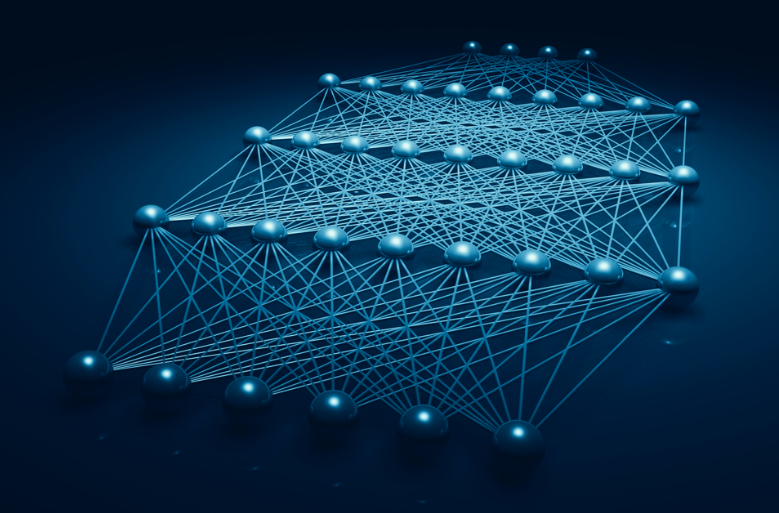
A multi-layer perceptron that predicts a country's agricultural output for the next 3 years.
Skills
Languages and Databases
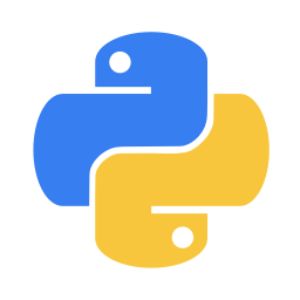 Python
Python
 R
R
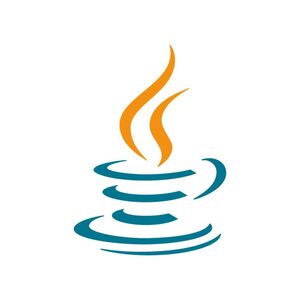 Java
Java
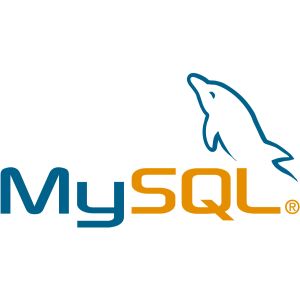 MySQL
MySQL
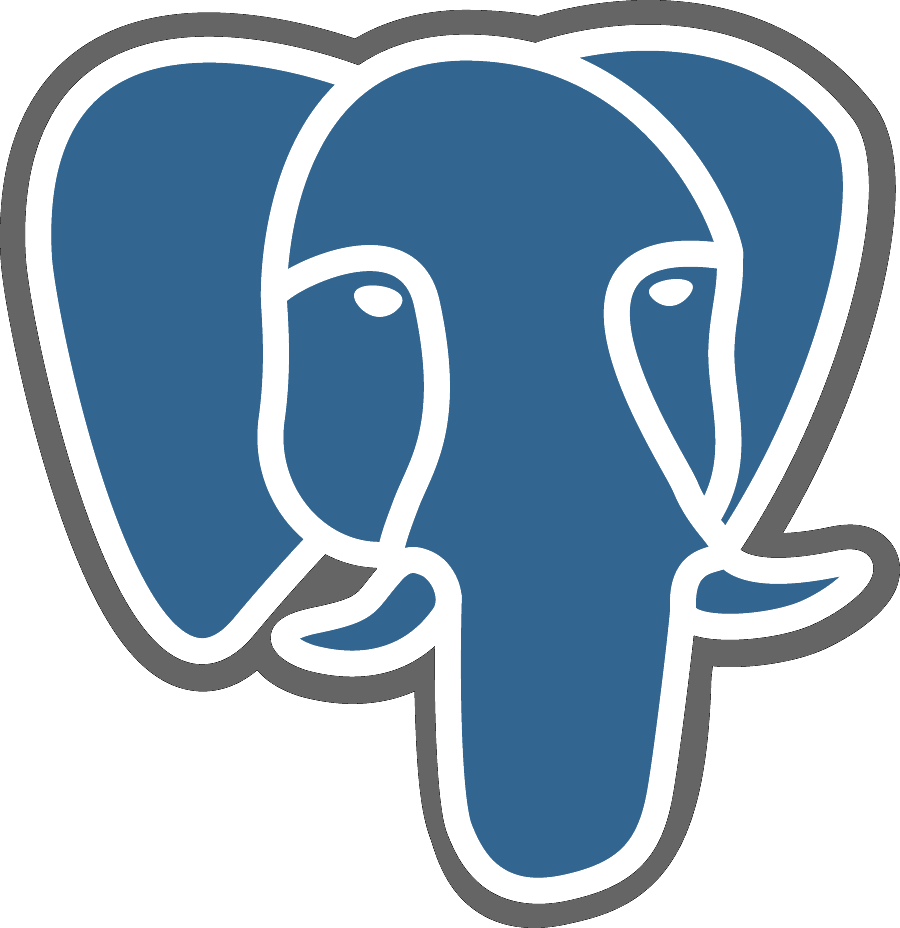 PostgreSQL
PostgreSQL
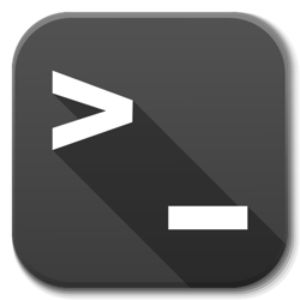 Shell Scripting
Shell Scripting
Libraries
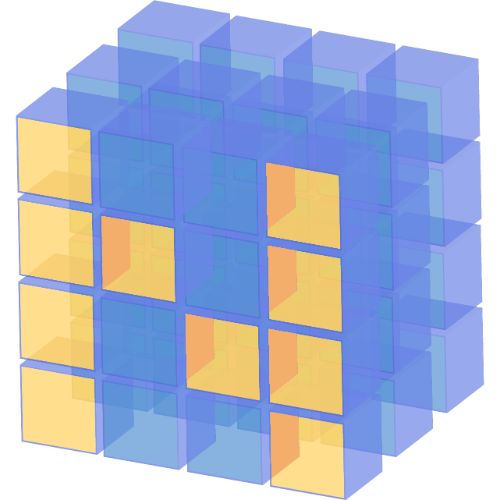 NumPy
NumPy
 Pandas
Pandas
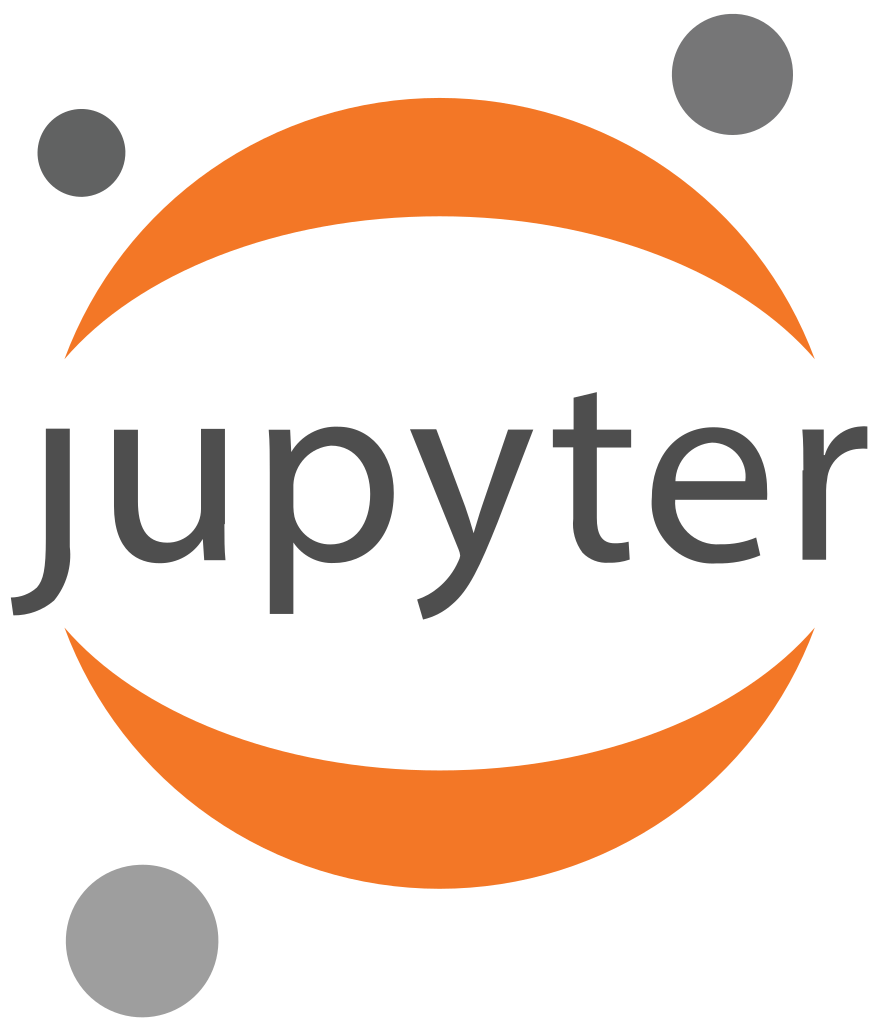 Jupyter
Jupyter
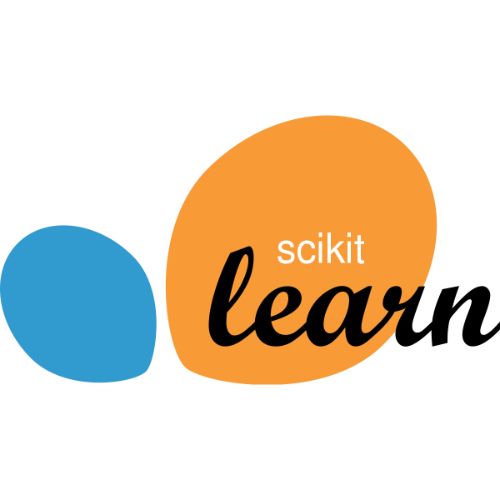 scikit-learn
scikit-learn
 XGBoost
XGBoost
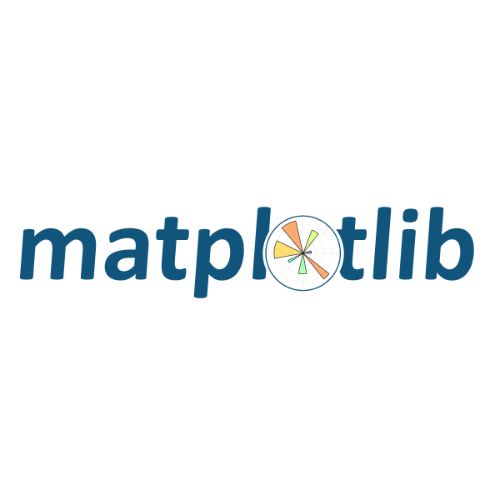 matplotlib
matplotlib
Frameworks
 Keras
Keras
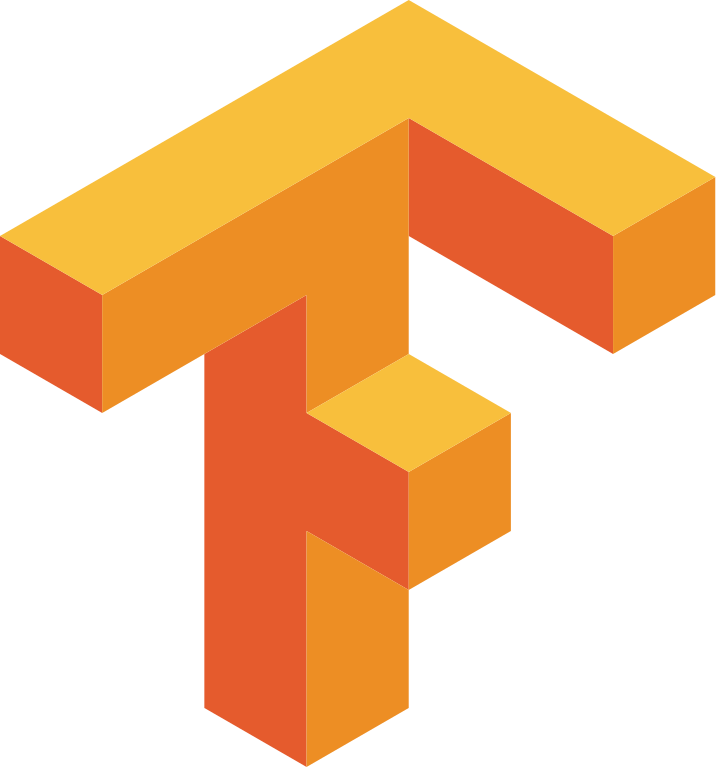 TensorFlow
TensorFlow
 PyTorch
PyTorch
Other
 Git
Git
 AWS
AWS
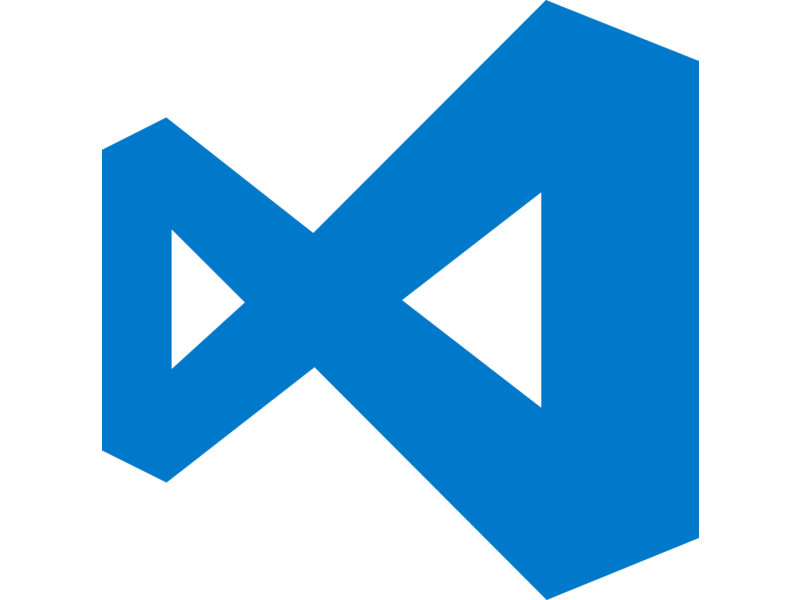 VSCode
VSCode
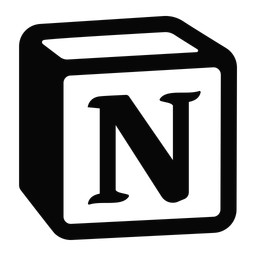 Notion
Notion
 Obsidian
Obsidian
Education
Brighton, UK
Degree: Master of Science in Artificial Intelligence and Adaptive Systems
Grade: Distinction
- Neuroscience of Consciousness
- Machine Learning
- Mathematics and Computational Methods for Complex Systems
- Intelligent System Techniques
- Algorithmic Data Science
Relevant Coursework:
University of British Columbia
Vancouver, Canada
Degree: Bachelor of Arts in Economics and Statistics (Combined Major)
Grade: 2:1
- Cognitive Neuroscience
- Linear Algebra
- Differential Equations
- Stochastic Processes
- Statistical Inference
- Software Engineering
- Game Theory
- Econometrics
Relevant Coursework:
-
Deep Learning Specialization - Coursera
Topics: Neural Networks (NNs), CNNs, Sequence Models -
Neuroimaging Specialization - Coursera
Topics: MRI, fMRI, EEG, Neurohacking -
Fundamental Neuroscience - edX
Topics: Synaptic Transmissions, Neural Circuits -
Data Engineering Specialization - Coursera
Topics: Data Modelling, Data Warehousing, Data Pipelines -
Introduction to AI - Helsinki
Topics: Search, Games, Logic, Planning
-
Neuromatch Academy - Online
Topics: Computational Neuroscience, Deep Learning, Neuro-AI -
Consciousness and Cognition Summer School - Pisa, Italy
Topics: Consciousness Models, Phenomenology, Biosemiotics
Honors
- APNG Fellowship: Selected for leadership potential and commitment to interdisciplinary collaboration across information technology, including AI.
- Gold Spirit Award: Recognised for outstanding contributions to volunteering and student leadership during my MSc at the University of Sussex.
- Engineering and Informatics Scholarship: Awarded for academic excellence and potential in the MSc in Artificial Intelligence and Adaptive Systems.
- International Student Scholarship: Acknowledged for exceptional performance during my sophomore year at the University of British Columbia.
- Outstanding International Scholar: Recognised for high academic performance during my A levels examination at the University of British Columbia.
